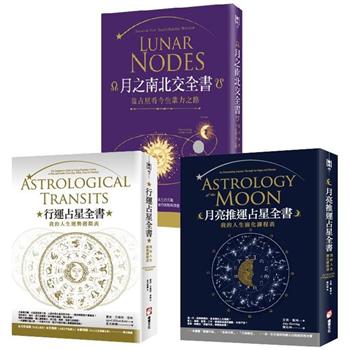"The Moral Economy" by Ralph Barton Perry offers a thought-provoking examination of the ethical principles that underpin economic systems and their implications for society. In this insightful work, Perry explores the complex interplay between morality and economics, shedding light on the moral dimensions of economic decision-making and policy.
Drawing upon philosophical inquiry, historical analysis, and contemporary economic theory, Perry delves into the fundamental questions of justice, fairness, and social responsibility that shape economic relationships. He examines the ethical implications of various economic systems, from capitalism to socialism, and considers their impact on issues such as income inequality, poverty, and environmental sustainability.
At the heart of "The Moral Economy" is Perry’s belief in the importance of ethical considerations in economic discourse and decision-making. He argues that a truly just and equitable society must be grounded in moral principles that prioritize the well-being of all individuals, especially the most vulnerable members of society.
Through rigorous analysis and persuasive argumentation, Perry challenges readers to reconsider their assumptions about the relationship between morality and economics. He calls for a more compassionate and humane approach to economic policy, one that values human dignity and promotes the common good.
"The Moral Economy" is essential reading for anyone interested in the intersection of ethics and economics. Perry’s insights offer valuable perspectives on the moral challenges facing contemporary society and provide a framework for envisioning a more just and equitable economic system. Whether you’re an economist, philosopher, policymaker, or concerned citizen, this book offers invaluable insights into the moral dimensions of economic life and the quest for a more humane society.






![塔木德:猶太人的致富聖經[修訂版]:1000多年來帶領猶太人快速累積財富的神祕經典 塔木德:猶太人的致富聖經[修訂版]:1000多年來帶領猶太人快速累積財富的神祕經典](https://media.taaze.tw/showLargeImage.html?sc=11100697818)





